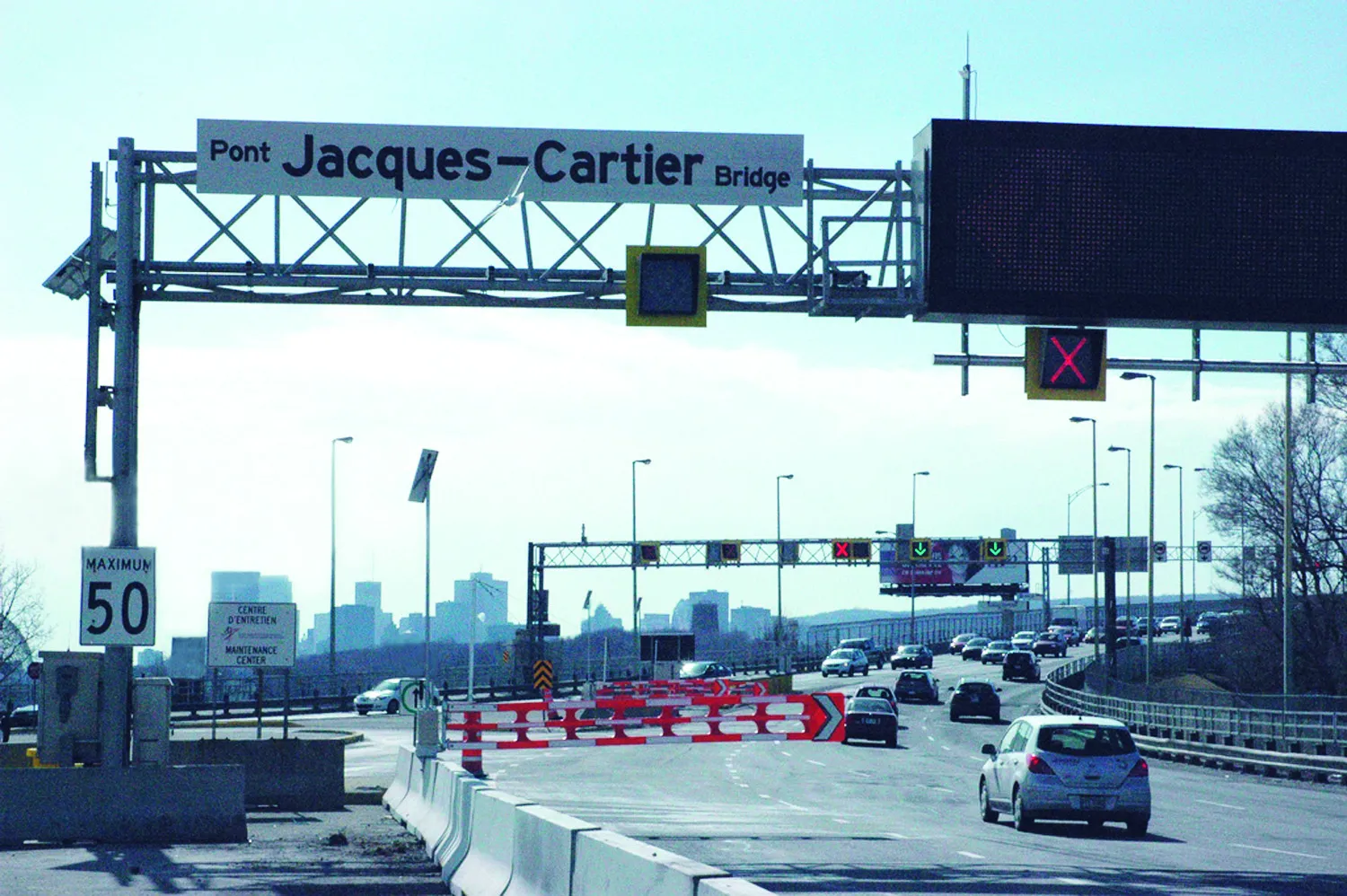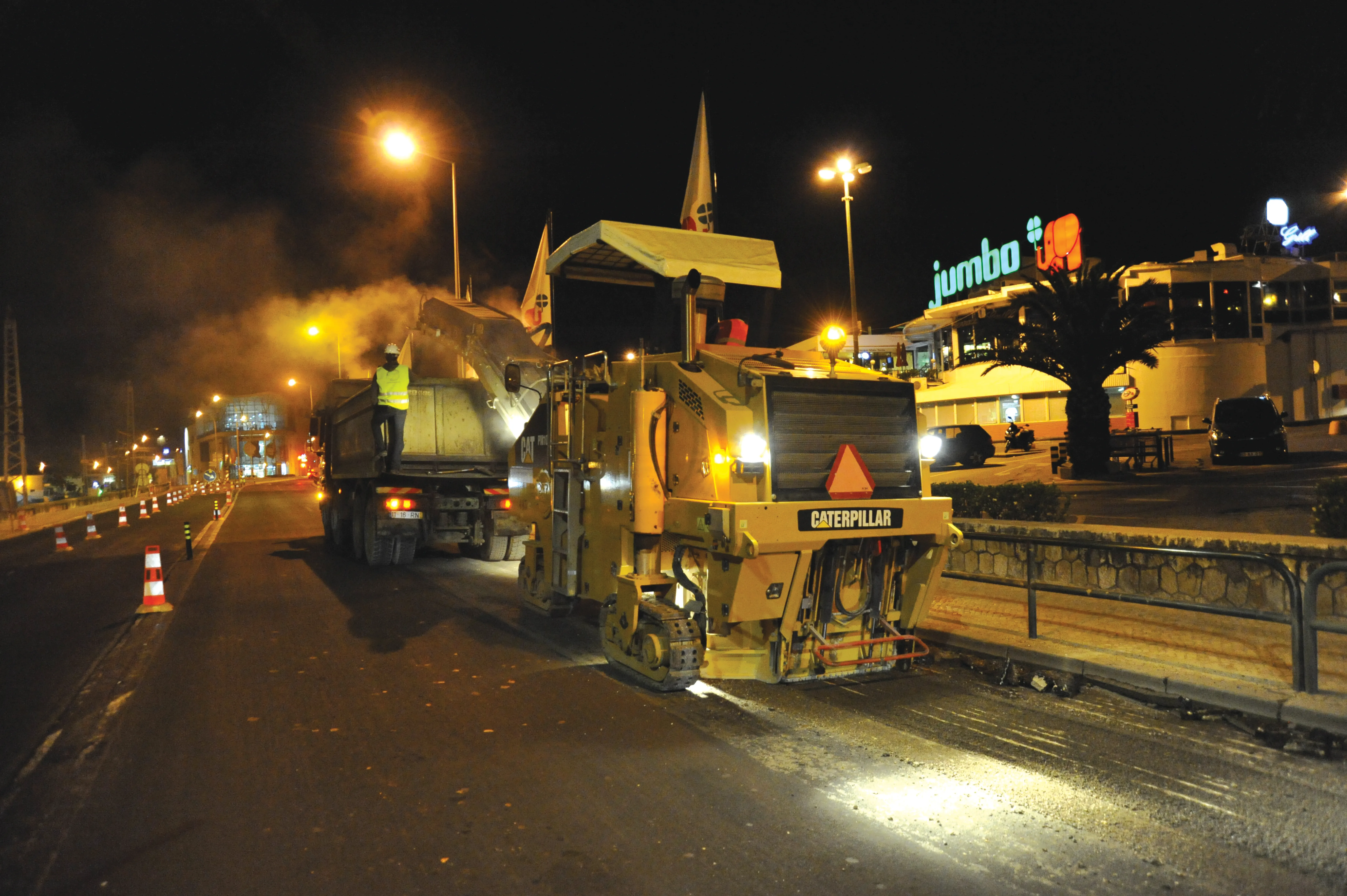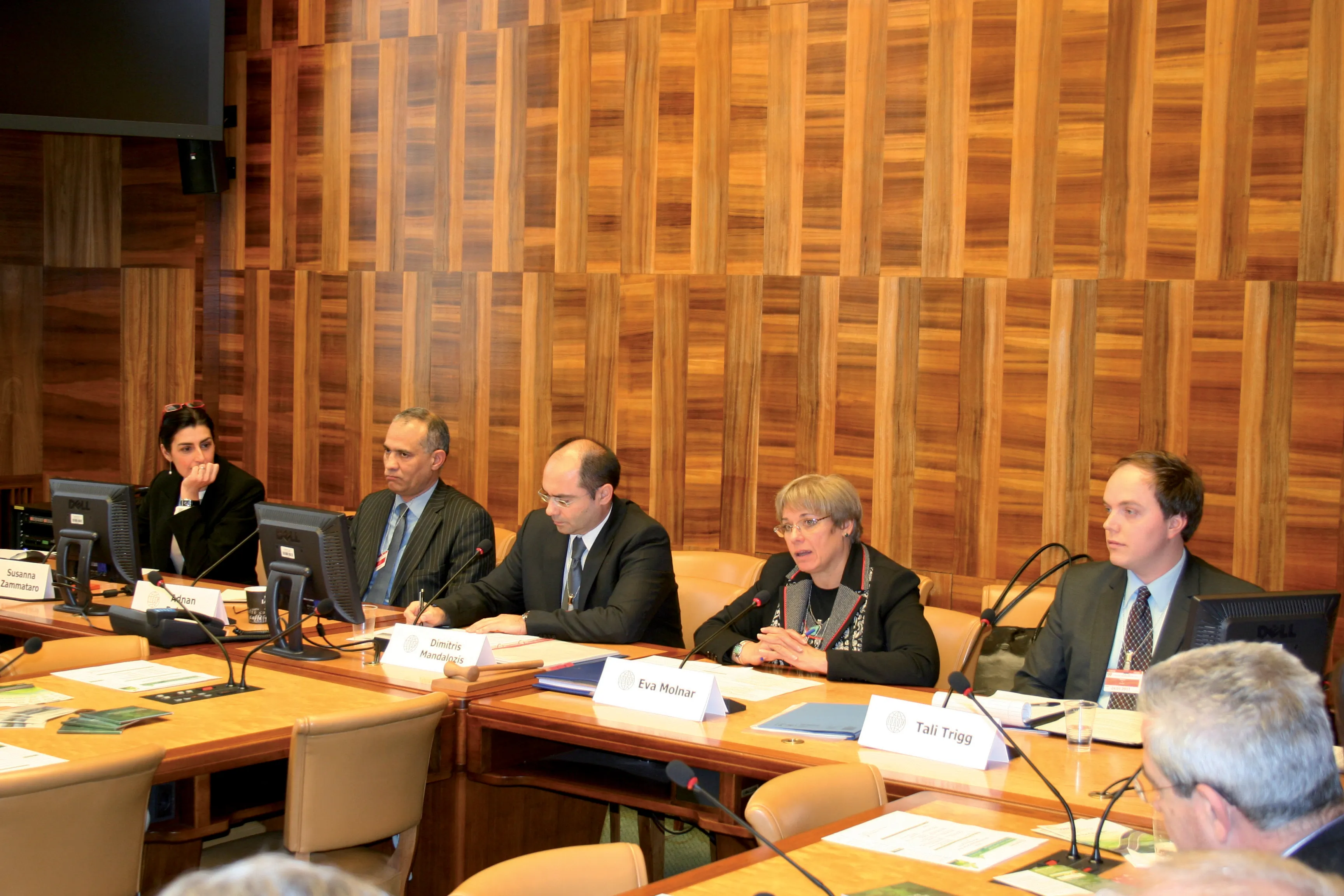Stricter standards for particulate matter (PM) or soot proposed by the US Environmental Protection Agency (EPA) could endanger transportation improvements. That is the message from the American Road & Transportation Builders Association (ARTBA), which believes that the tougher PM standards could put federal highway funds in jeopardy. Marc Herbst, executive director of the Long Island Contractors’ Association (LICA) and chairman of ARTBA’s Council of State Executives, explained that EPA’s proposed new standa
July 5, 2012
Read time: 2 mins
Stricter standards for particulate matter (PM) or soot proposed by the US 1293 Environmental Protection Agency (EPA) could endanger transportation improvements. That is the message from the American Road & Transportation Builders Association (ARTBA), which believes that the tougher PM standards could put federal highway funds in jeopardy. Marc Herbst, executive director of the 6112 Long Island Contractors’ Association (LICA) and chairman of ARTBA’s Council of State Executives, explained that EPA’s proposed new standards come at a time when counties are still struggling to comply with existing regulations.
He said that the proposed regulation, “…creates a counterproductive cycle where new standards delay needed improvements to the nation’s highway and bridge network, which has already reached ‘critical mass’ in terms of being able to serve the needs of our citizens and economy.”
Herbst went on to describe the impact of EPA’s proposal noting, “States and counties need predictability and time to develop transportation plans which achieve PM reduction and create jobs. Adding a new layer of requirements on top of existing standards that have not been fully implemented only complicates these ongoing efforts. Specifically, existing projects deemed to be in compliance with the Clean Air Act when first undertaken could be thrown out of compliance if new standards are approved, exposing project owners to costly, time-consuming litigation.”
Herbst also explained how EPA’s actions are counterproductive to current efforts to reauthorise the federal surface transportation program, saying, “It is ironic that members of both chambers and parties have made streamlining the environmental review and approval process for transportation projects a priority of the transportation bill, yet few talk about how EPA’s PM proposal will severely disrupt the very process they are trying to make more effective.”
He said that the proposed regulation, “…creates a counterproductive cycle where new standards delay needed improvements to the nation’s highway and bridge network, which has already reached ‘critical mass’ in terms of being able to serve the needs of our citizens and economy.”
Herbst went on to describe the impact of EPA’s proposal noting, “States and counties need predictability and time to develop transportation plans which achieve PM reduction and create jobs. Adding a new layer of requirements on top of existing standards that have not been fully implemented only complicates these ongoing efforts. Specifically, existing projects deemed to be in compliance with the Clean Air Act when first undertaken could be thrown out of compliance if new standards are approved, exposing project owners to costly, time-consuming litigation.”
Herbst also explained how EPA’s actions are counterproductive to current efforts to reauthorise the federal surface transportation program, saying, “It is ironic that members of both chambers and parties have made streamlining the environmental review and approval process for transportation projects a priority of the transportation bill, yet few talk about how EPA’s PM proposal will severely disrupt the very process they are trying to make more effective.”









